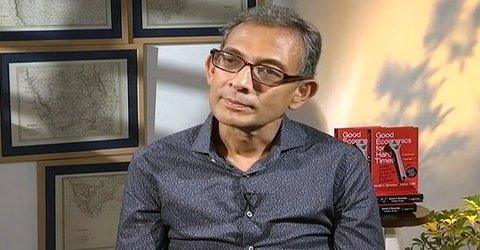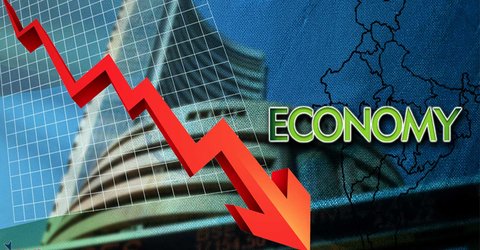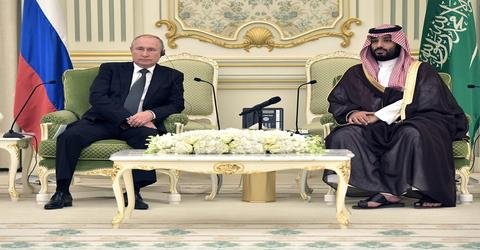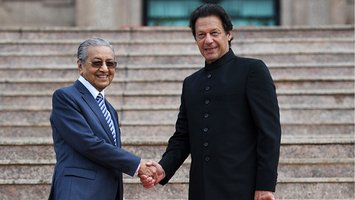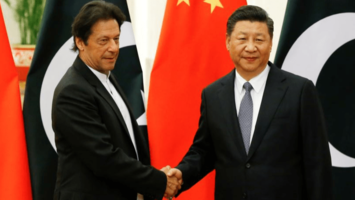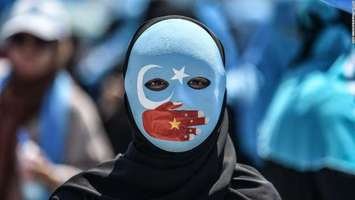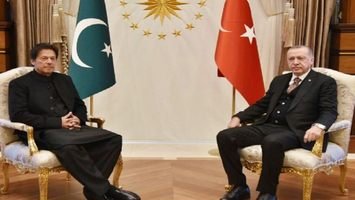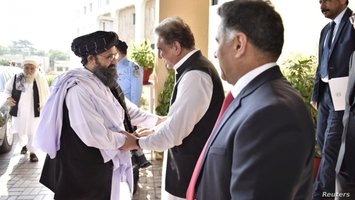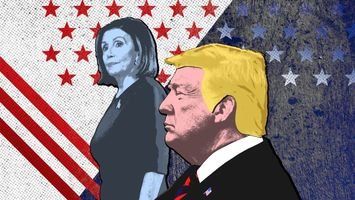The International Monetary Fund has said that India has worked on the fundamentals of the economy but there are some things that need to be worked on for long-term development.
Kristalina Georgieva, managing director of the IMF, told reporters in Washington on Thursday, "India has worked on the fundamentals of the economy but there are some problems that need to be addressed. The banking sector in the financial sector, particularly non Banking institutions need to be reformed.''
The IMF in its latest report of the World Economic Outlook on Tuesday lowered India's growth forecast to 6.1 percent, reducing it to 0.90 basis points.
This is the third time this year IMF has cut the growth rate of the Indian economy.
In the month of July itself, the IMF had estimated the Indian growth rate to be 7 percent in 2019-20, while in April this year it was said to be 7.3 percent.
However, IMF has also hoped to improve it in 2020-21.
Economist Kristlina Georgieva of Bulgaria became head of IMF at the end of September. These figures are the first time since Christlina came to this position.
Georgiwa said, "India has to continue to work on the things that are necessary to maintain the pace of development for a long time. At the same time, Georgiwa said that the Government of India is working to improve the economy, but India will have to rein in its fiscal deficit.
However Georgiwa said, "The growth rate in India has been very strong in the last few years and the IMF is still forecasting very strong growth for it."
India's Union Finance Minister Nirmala Sitharaman has also received a statement on the International Monetary Fund's growth rate of 6.1%.
Sitharaman, who arrived in Washington to attend the annual meeting of the IMF and World Bank, said, "India is one of the fastest growing economies in the world and IMF may have lowered the growth rate estimates, but now Also India's economy is growing at the fastest pace.
Nirmala Sitharaman also said, "I want it to grow faster. I will do everything possible for this, but the truth is that India is still growing comparatively fast."
On Tuesday itself, the International Monetary Fund (IMF) said that "the world economy is looking so sluggish for the first time since the financial crisis a decade ago.''
In its report on the Indian economy, IMF said, "India's economic growth rate estimates has decreased due to the weakness of some non-banking financial institutions and the negative impact on the ability of consumers and small and medium scale businesses to borrow."
According to the IMF, "The reason for the ever-decreasing growth rate is the weaker domestic demand than expected. Investing in human capital should be India's top priority. There is a need to continuously increase the number of women in the workforce. It is extremely important. India Women are very talented but they stay at home.''
The Monetary Fund has estimated that the entire world economy will grow by only 3 percent this year, but it is expected to be 3.4 percent in 2020.
The IMF also stated, "The global economy is in a phase of sluggishness and we are once again reducing the growth rate of 2019 to 3% which is the lowest ever since the crisis of a decade ago.''
This is lower than its July global growth rate estimate. In July, it was reported to be 3.2%.
The IMF said, "The decline in economic growth rates is the main reason behind the decline in manufacturing and global trade, increase in import taxes and demand for production."
The IMF said, "To deal with this problem, policy makers will have to end trade disruptions, resume work on agreements as well as reduce uncertainty among countries, along with reducing uncertainty in domestic policies."
The IMF believes that due to the slowdown in the global economy, the growth rate in the 90% countries of the world will be less this year.
The IMF said that the global economy could grow to 3.4% in 2020.
However, it has also warned of many dangers as this growth depends on the economic recovery in India as well as the economy of Argentina, Turkey and Iran currently facing severe crisis.
He said, "Any wrong policy at the moment, such as no-deal Brexit or deepening trade disputes, can create serious problems for development and job creation."
According to the IMF, in many cases the greatest priority is to remove uncertainty or threats to development.


